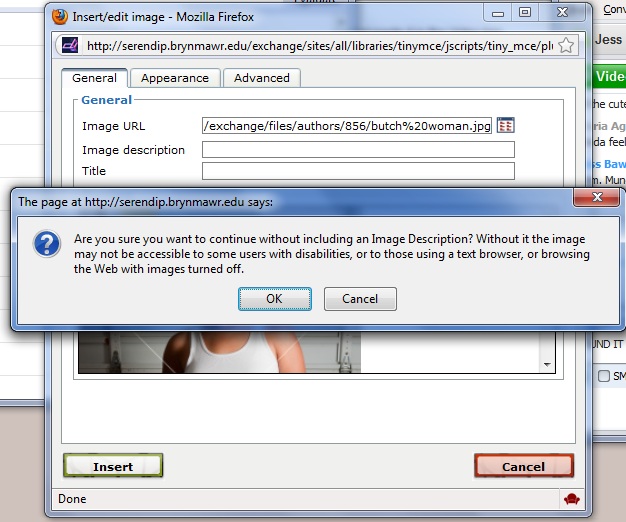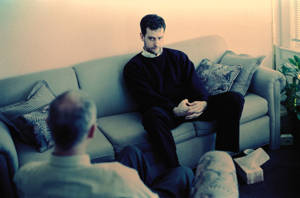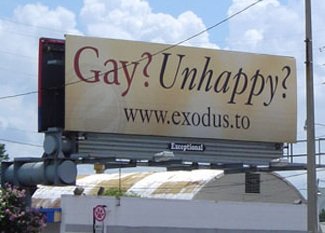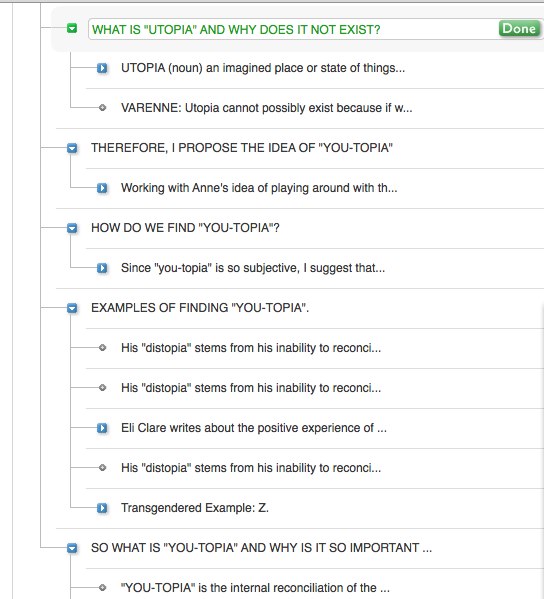Serendip is an independent site partnering with faculty at multiple colleges and universities around the world. Happy exploring!
My expectation of High School visiting
Education, access, poverty and resources… In previous weeks, we have read so many real-life stories and analytical articles about education. Meanwhile, we have concentrated on the limitations of public education recently. It would be very interesting to visit a high school since I’ve never got a chance to know high school life in the U.S. By comparing the public school in the U.S. and in China, I think it can help me to think more deeply. Our discussion on the topic of “In class/ Out class” is limited since we are literally “in class” previously on Tuesdays and Thursday. Visiting a high school could be a nice complementary experience as a part of our seminar. I am curious about students’ attitude about going to colleges as well as how their school performance affect their anticipation about going to colleges. Meanwhile, I am curious about to what extent can Friere’s or Noguera’s thoughts are applicable towards the real-life situations. It could be a nice chance to evaluate whether “Pragmatic Optimism” would function well in high schools. Finally, it would be good to keep an open mind and treat this trip as an experience of learning and teaching.
Trip to High School Expectations
I think, like many other students, I am not really sure what to expect when we go to visit the high school. Though in part, I think this is because I am still not very clear on what we will be doing at the high school, I also feel that my lack of expectations relates to a comment that someone made during the silent blackboard discussion – that she wants to go into the school with an open mind and take the experience as a learning experience. I completely agree with this idea, and I too, hope to go into the school with this mentality. I know that no matter what we will be doing with the students, it will prove to be a fun, learning experience for all of us.
As we enter the high school, however, I wonder about some of the comments that were made during our silent blackboard discussion, relating to the way in which socio-economic background might play a role in these students’ lives and schooling. I also wonder if there will truly be that sense of students feeling burned out due to the pressures of trying to succeed in school and as a bi-product of teachers feeling burned out as well. It will be interesting to me, to see if these particulars of our blackboard discussion are present in the school.

Reasons to Love Serendip
While working on formatting and posting my webpaper and messing around with how to insert images, this popped up: 
I typed the following in as the image description for this image, which I do not think shows up without using a different method of viewing:
A pop up window with the following message: Are you sure you want to continue without including an Image Description? Without it the image may not be accessible to some users with disabilities, or to those using a text browser, or browsing the Web with images turned off.

High School Expectations
Like many of the people who have previously posted, I'm not sure what to expect. I went a urban/suburban public high school so I'd like to see what it's like for students who go to a special admit public high school. I'd like to know more about how the selection process works. The pictures of the students that were shown during the presentation made them look like a fun bunch! I wonder if I'll be able to relate to them when we compare our high school experiences. I expect that they'll be open to talk about their experiences at their school and their interactions with their teachers and fellow students. I wonder if they'd be able to point out flaws about their school (if there are any) and if they have done anything to address any issues that they see. My high school was nice and all but I had no problems pointing out what could be changed. I also expect them to talk about college plans and possibly ranting about SATs and the Common App (it'll make me cringe) but it'll still be nice to reminisce about such a stressful time and know that I don't have to worry about it anymore...

Upcoming Trip
I can't wait to visit the high school later this month. I definitely think I've had a rather sheltered high school experience and I'm curious to see how the students' experience here compares. Though like the students we'll be visiting, admission to my (public) high school was through application, I believe the process is a little bit different, which I'm sure affects the way the students interact with one another and the backgrounds from which they come.
During our silent discussion on Thursday, one of the topics that interested me was burn out (of the teachers and students). I'd be interested in speaking to students about their experiences of this, particularly because I saw it happen often among students – and sometimes also teachers – at my own school.
I was also curious about the senior writing project that Sarah spoke about in class. Though we won't be working with seniors, I'd love to know how much of the school is built around this expectation and how much a part of school culture it is. At my high school, students taking senior english APs were expected to end the year with a writing portfolio called the "Senior Portrait" and I know for many of my friends and myself, the expectation of the project was nearly as consuming as the project itself.
I'm looking forward to learning about different high school experiences from the students, and can't wait to meet them.









